
The benefits of physical activity may be greater for children and adolescents with clinical depression or depressive symptoms, who may develop anxiety and other disorders in adulthood.

The benefits of physical activity may be greater for children and adolescents with clinical depression or depressive symptoms, who may develop anxiety and other disorders in adulthood.

A study showed that the risk of developing venous thromboembolism is worse for perimenopausal women with diabetes.
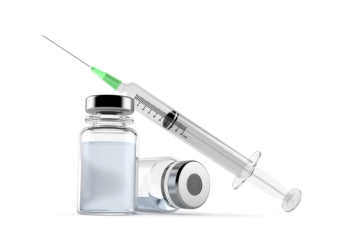
Children who experienced COVID-19-induced multisystem inflammatory syndrome did not experience severe adverse reactions following COVID-19 vaccination.

The FDA granted fidanacogene elaparvovec breakthrough, regenerative medicines advance therapy, and orphan drug designations.

The dual-action cell therapy is designed to eliminate established tumors, train the immune system to eradicate a primary tumor, and prevent recurrence.
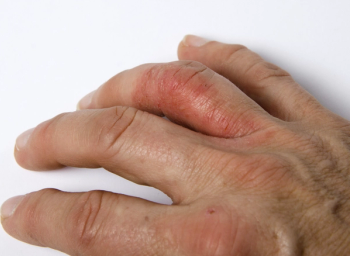
Greater prevalence of hand eczema among health care professionals working in COVID-19 units linked to increased hand sanitation habits.

The changes will almost certainly widen access for patients seeking medicated abortions in states without legal obstacles.

Mentorship is a long-term and formative process and interaction that extends beyond initial discussions regarding the mentee's career path.

There is a growing body of evidence that foods, substances, and additives in vitamins and supplements can be a trigger for migraine headaches.

Michael Brown, vice president of Managed Services at Cardinal Health, discusses ways for pharmacists to help manage costs post-pandemic.

Pharmacists play a vital role in counseling and educating families about medication safety for these products.

Biomarkers are commonly used by physicians to assist in the earlier diagnosis of some of the most common fungal diseases.

Embracing these new standards is the right thing to do for patient safety.

Some US pharmacies are experiencing medication shortages as a result of COVID-19, influenza, and respiratory syncytial virus cases.
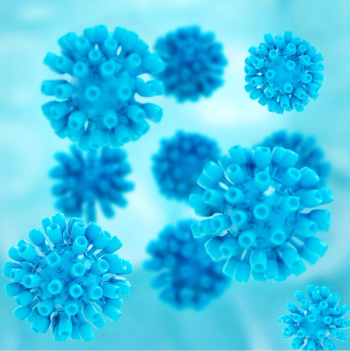
Study finds a strong decline in hepatitis C incidence in the years immediately following broad access to direct-acting antiviral drugs.

The subcutaneous formulation could enhance treatment options by providing high consistency in drug exposure and a convenient administration method.

Indication can play a major role in pharmacists recommending brain health products.

In addition to the physical symptoms of long COVID, patients have reported vocal, verbal, and cognitive issues that disrupt their ability to communicate.
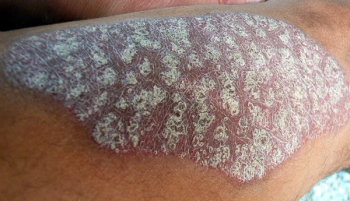
Clinical trials show that patients with atopic dermatitis experienced improved symptoms with dupilumab starting at 8 weeks, with maximum effect around 12 weeks.


Patient-centric models of medication delivery that provide cost, transparency, convenience, and accessibility solutions are vital for patients to successfully navigate the current health care system.

In this special January issue covering ASH and SABCS, we have divided the publication by conference.


Stephen Davis, PharmD, senior director of Health System Strategy at Shields, and Erica Diamantides, PharmD, specialty pharmacy manager at UW Medicine, discuss the current guidance and best practice for specialty pharmacy accreditations.

After not paying attention, looking other way for years, is the pharmacy industry letting patients down again by employing crude methods of controlled substances monitoring?

When it comes to vaccination efforts, remember that patients 65 years or older are not a homogeneous group.

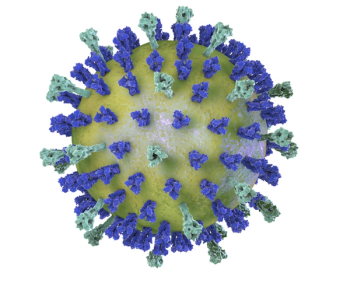
Pharmacists should educate patients about managing respiratory syncytial virus and let them know they may soon be able to get vaccinated.

Cases of COVID-19, influenza, and respiratory syncytial virus are creating a so-called tripledemic.
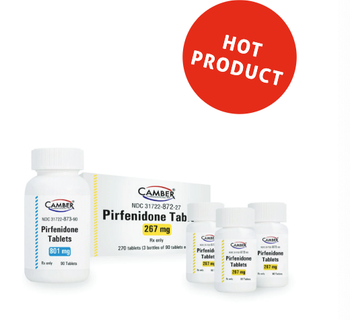
Products include the generic alternatives to Esbriet and Oracea.